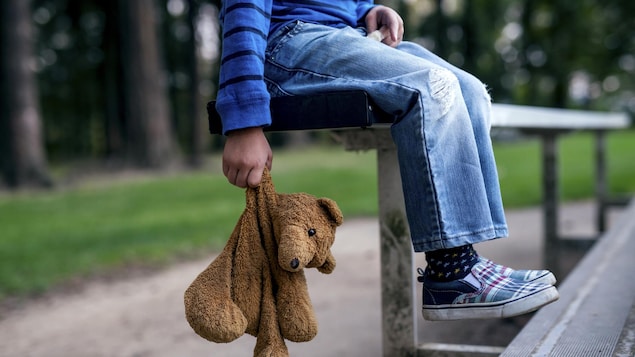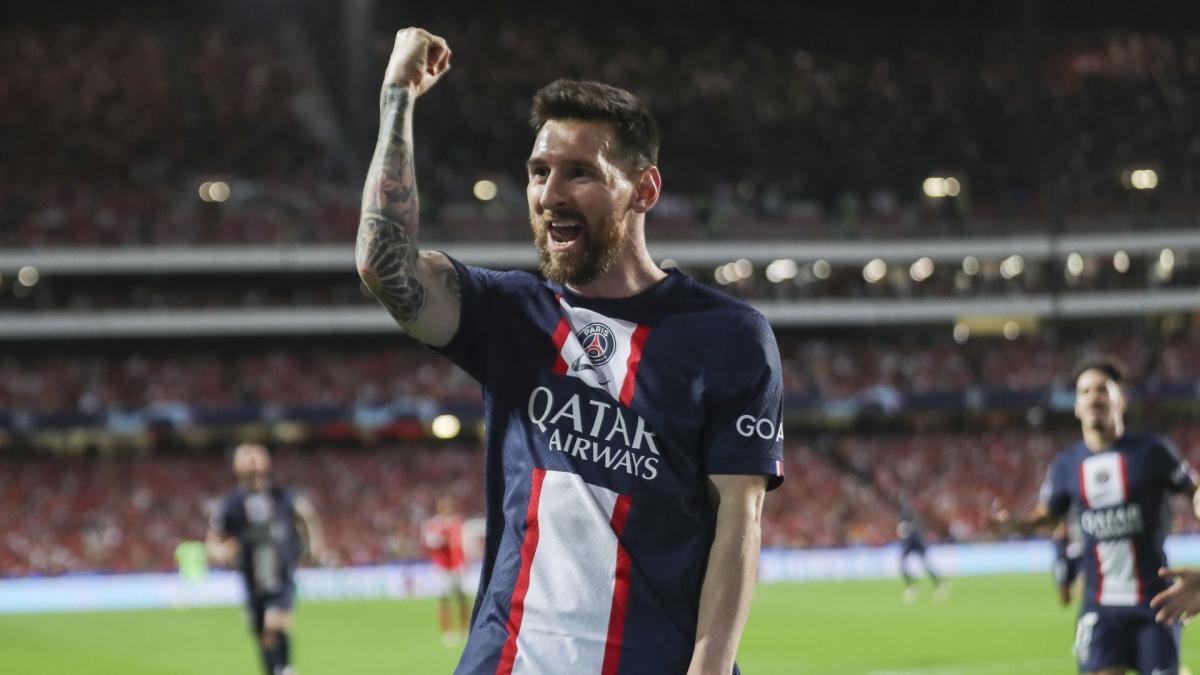According to the statement, the Inuk child would have been placed in solitary confinement for extended periods, would not receive the necessary health care in a timely manner, which would have aggravated his situation. He was also reportedly forbidden to speak in his native language with other Inuit youths.
The investigation aims to verify whether the alleged facts are true and whether the rights of the child are respected. It also aims to ensure that measures are taken to ensure that the situation does not recur.
In late August, Montreal’s Native Women’s Shelter received an anonymous call. The person told him he works for a center in Batshaw and wanted to report a situation that would have happened to an Inuk child in April, according to Nakuset, the general manager of the house.
Batshaw Centers are responsible for the care of West Montreal English-speaking youth who are entrusted to them by the Youth Protection Department. They also welcome the Inuit youth of Nunavik, where the significant shortage of resources and services for the protection of young people leads to their relocation to Montreal.
The details were pretty awful
, says Nakuset in an interview with Indigenous Spaces. He was then on vacation and his assistant took the information that the child would be in solitary confinement, in a state of health that required treatment and would not be able to speak his language.
We dug deeper and got more detail
to chase after Nakuset.
She says she, along with the Center for Research-Action on Race Relations, informed the CDPDJ.


